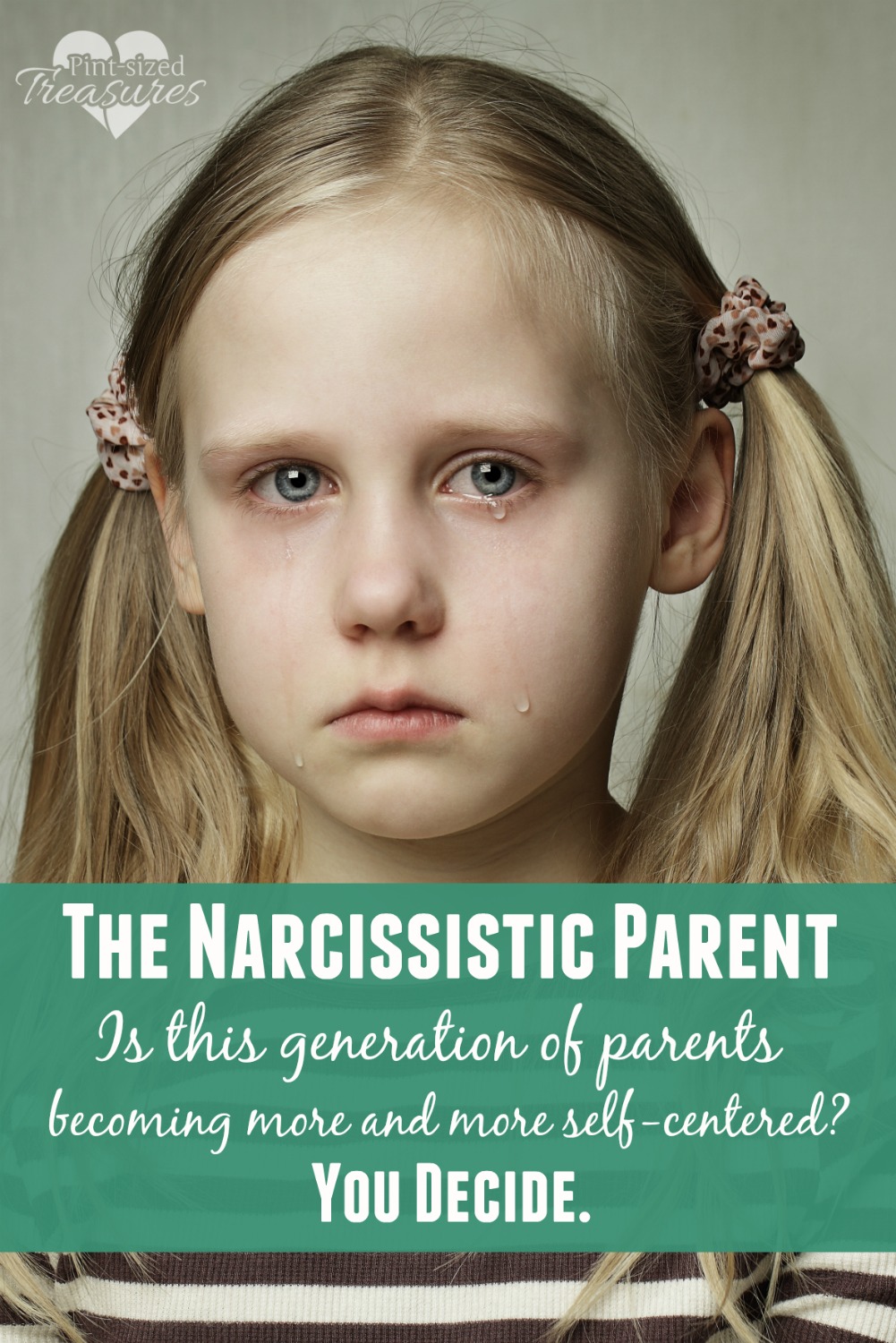When it comes to quotes about selfish parents, we’re stepping into some pretty heavy territory. Parenting is one of the most complex roles anyone can take on, and sometimes, well, things go sideways. We’ve all heard stories or seen firsthand how self-centered behavior from parents can impact families in profound ways. It’s not just about the big moments—it’s the little things that build up over time, shaping the lives of those around them. But what does it really mean when someone labels a parent as selfish? Let’s break it down and explore the nuances behind these powerful words.
Quotes about selfish parents aren’t just catchy phrases or soundbites—they’re reflections of real-life struggles, emotions, and experiences. They force us to confront uncomfortable truths about human nature and the delicate balance between giving and taking in family dynamics. Whether you’re someone who’s been affected by such behavior or simply curious about the topic, this article aims to shed light on the issue with empathy and insight.
Before we dive in, let’s set the stage. This isn’t about pointing fingers or assigning blame. Instead, it’s about understanding the impact of selfishness in parenting and how it affects not only children but also the broader family unit. So buckle up, because we’re about to explore some thought-provoking ideas and maybe even challenge your perspective along the way.
Read also:Top 10 Richest Musicians In Nigeria Unveiling The Titans Of Afrobeat
What Are Selfish Parents, Really?
Let’s start with the basics. What exactly defines a selfish parent? On the surface, it might seem obvious—someone who puts their own needs above those of their kids, right? But it’s more complicated than that. Selfishness in parenting can manifest in countless ways, from neglecting emotional needs to prioritizing personal desires at the expense of their children’s well-being. It’s not always intentional, either. Sometimes, it’s a matter of misunderstanding boundaries or lacking awareness.
According to Dr. Laura Markham, a renowned child psychologist, selfish parenting often stems from unresolved issues or unmet needs in the parent’s own upbringing. “When parents haven’t dealt with their own emotional baggage, it can spill over into their relationships with their kids,” she explains. “It’s not always malicious—it’s just human.”
Signs of Selfish Parenting
So, how do you spot a selfish parent? Here are a few red flags:
- Constantly putting their own needs before their children’s
- Using guilt as a tool to manipulate or control
- Expecting their kids to cater to their emotional well-being
- Ignoring or dismissing their child’s feelings
- Making decisions based solely on what benefits them
Now, don’t get me wrong—every parent has moments where they prioritize themselves. That’s normal and necessary for self-care. The key difference lies in the pattern of behavior. When selfishness becomes the norm rather than the exception, that’s when it starts to cause harm.
Quotes About Selfish Parents: Unpacking the Words
Quotes about selfish parents can serve as both a mirror and a weapon. They reflect the pain and frustration felt by those affected while also highlighting the flaws in certain parenting styles. Here are a few powerful ones to consider:
“A parent who lives through their child will never let the child live for themselves.” – Unknown
Read also:Unlocking The Net Worth Of Pawn Stars Chumlee A Deep Dive
This one hits hard. It speaks to the idea of parents using their kids as extensions of themselves, whether it’s through achievements, ambitions, or even failures. It strips away the child’s autonomy and forces them to conform to the parent’s vision.
“The greatest gift you can give your children is to love their father or mother. Anything else is just a substitute.” – M. Scott Peck
This quote emphasizes the importance of modeling healthy relationships. When parents prioritize their own happiness and well-being, they create a stable environment for their kids to thrive in. On the flip side, selfishness can lead to instability and confusion.
The Impact of Selfish Parenting
Now that we’ve got the quotes out of the way, let’s talk about the real-world consequences. Selfish parenting can have long-lasting effects on both children and the family as a whole. Research shows that kids raised by selfish parents often struggle with:
- Low self-esteem
- Difficulty forming healthy relationships
- Emotional regulation issues
- A sense of inadequacy or guilt
It’s not just the kids who suffer, though. Siblings, spouses, and extended family members can all be impacted by the ripple effect of selfish behavior. It creates a toxic environment where communication breaks down, trust erodes, and resentment builds.
Why Do Parents Become Selfish?
Understanding the root causes of selfish parenting is key to addressing the issue. While there’s no one-size-fits-all answer, several factors come into play:
Unresolved Childhood Trauma
Many selfish parents carry unresolved baggage from their own childhoods. They may have grown up in households where their needs were ignored or where they learned unhealthy coping mechanisms. As adults, these unresolved issues can resurface in their parenting style.
Lack of Emotional Awareness
Some parents simply don’t recognize the impact of their actions. They may not realize how their behavior affects their kids or may struggle to empathize with their children’s feelings. This lack of awareness can perpetuate selfish patterns without them even realizing it.
Social and Cultural Pressures
Let’s not forget the role of societal expectations. In today’s world, parents often feel immense pressure to succeed, whether it’s in their careers, relationships, or even social media presence. This pressure can lead to prioritizing external validation over the needs of their children.
Breaking the Cycle: How to Recognize and Address Selfish Parenting
So, what can be done to combat selfish parenting? The first step is recognition. Admitting there’s a problem is half the battle. From there, parents can work on building healthier habits and fostering stronger connections with their kids.
Developing Emotional Intelligence
Emotional intelligence (EQ) is crucial for effective parenting. By learning to recognize and manage their own emotions, parents can better understand and respond to their children’s needs. Simple practices like active listening, empathy, and self-reflection can make a world of difference.
Setting Boundaries
Boundaries are essential in any relationship, including parent-child dynamics. Setting clear limits helps prevent selfish behavior from spiraling out of control. It also teaches kids the importance of respect and mutual understanding.
Seeking Professional Help
For parents struggling with deep-seated issues, therapy or counseling can be a game-changer. Working with a mental health professional can provide tools and strategies for breaking the cycle of selfishness and building healthier relationships.
Quotes About Selfish Parents: A Source of Inspiration
Let’s revisit some of the quotes we’ve discussed and see how they can inspire positive change:
“The best you can do for your children is to love and respect their other parent.” – Unknown
This one reminds us of the importance of partnership in parenting. Even if the relationship ends, maintaining respect and cooperation benefits everyone involved.
“The greatest gift you can give your children is to love yourself.” – Unknown
This quote highlights the importance of self-care in parenting. When parents prioritize their own well-being, they’re better equipped to meet the needs of their kids.
Using Quotes as a Reflection Tool
Quotes about selfish parents aren’t just catchy phrases—they’re powerful reflections of human experience. By using them as a tool for self-reflection, parents can gain valuable insights into their own behavior and make meaningful changes.
Real-Life Stories: Lessons From Those Who’ve Been There
Nothing drives home the impact of selfish parenting like real-life stories. Take Sarah, for example. Growing up, her father was so focused on his career that he rarely attended her school events or spent quality time with her. Years later, Sarah struggled with feelings of inadequacy and had difficulty forming close relationships. It wasn’t until she sought therapy that she began to understand the root of her struggles and work through them.
Then there’s Mark, who grew up with a mother who constantly criticized and belittled him. Her need for control and validation left Mark feeling like he could never measure up. As an adult, he’s made a conscious effort to break the cycle by prioritizing open communication and emotional support with his own children.
Learning From Mistakes
Real-life stories like these remind us that it’s never too late to change. By acknowledging past mistakes and committing to growth, parents can create a brighter future for themselves and their families.
Conclusion: Moving Forward With Empathy and Understanding
In conclusion, quotes about selfish parents offer a window into the complexities of family dynamics and the challenges of raising children. While selfishness in parenting can have devastating effects, it’s important to approach the issue with empathy and understanding. By recognizing the signs, addressing the root causes, and working towards positive change, parents can break the cycle and build healthier, more fulfilling relationships with their kids.
So, what’s the takeaway? Parenting is hard—there’s no denying that. But it’s also an opportunity for growth, connection, and transformation. Let’s strive to be the kind of parents who uplift, inspire, and empower our children to be their best selves.
Now it’s your turn. Have you ever encountered selfish parenting in your own life? How did you handle it? Share your thoughts in the comments below and let’s keep the conversation going!
Table of Contents
- Quotes About Selfish Parents: A Deep Dive Into Family Dynamics and Parenting Truths
- What Are Selfish Parents, Really?
- Signs of Selfish Parenting
- Quotes About Selfish Parents: Unpacking the Words
- The Impact of Selfish Parenting
- Why Do Parents Become Selfish?
- Breaking the Cycle: How to Recognize and Address Selfish Parenting
- Quotes About Selfish Parents: A Source of Inspiration
- Using Quotes as a Reflection Tool
- Real-Life Stories: Lessons From Those Who’ve Been There
- Learning From Mistakes
- Conclusion: Moving Forward With Empathy and Understanding


